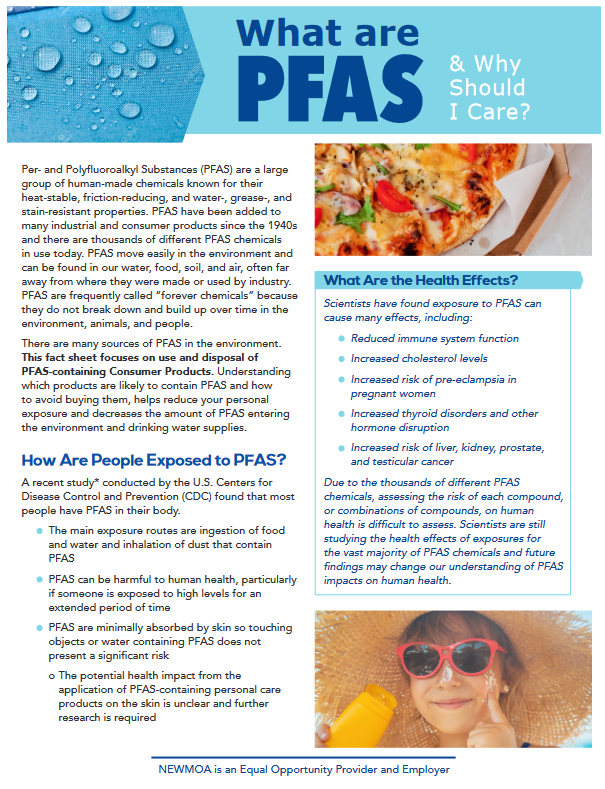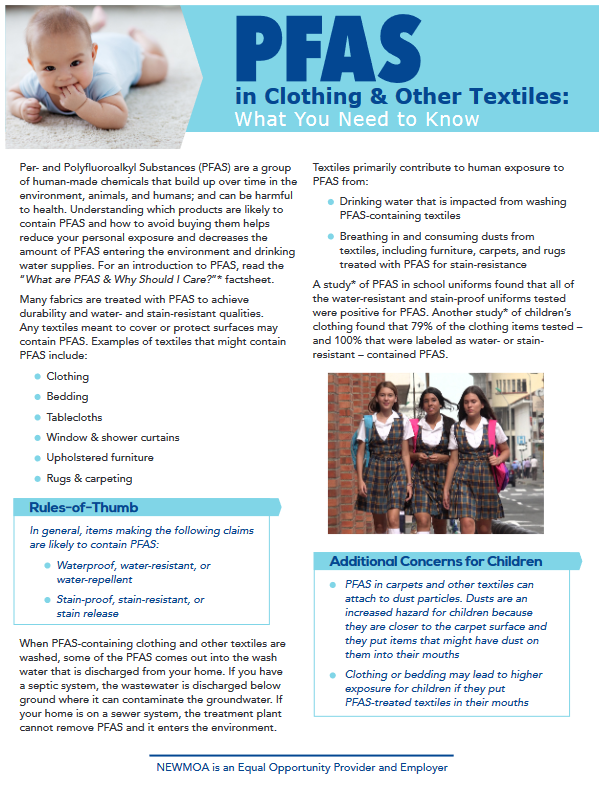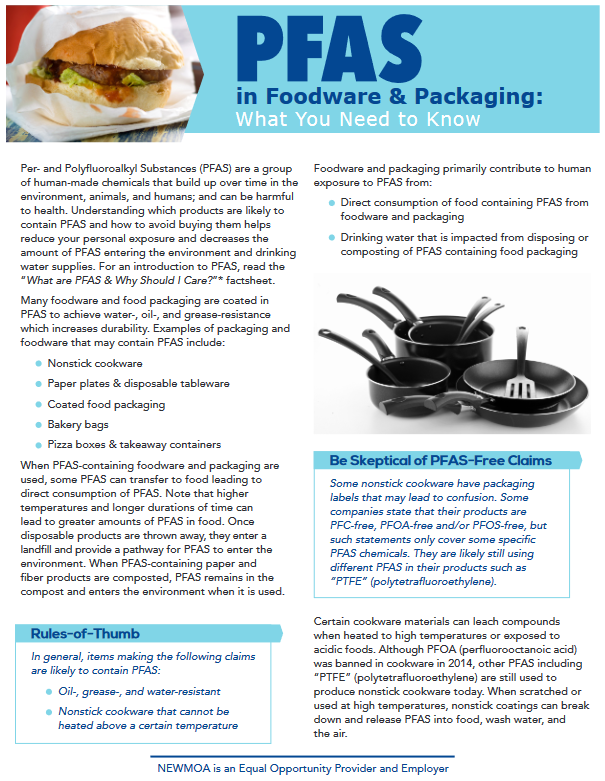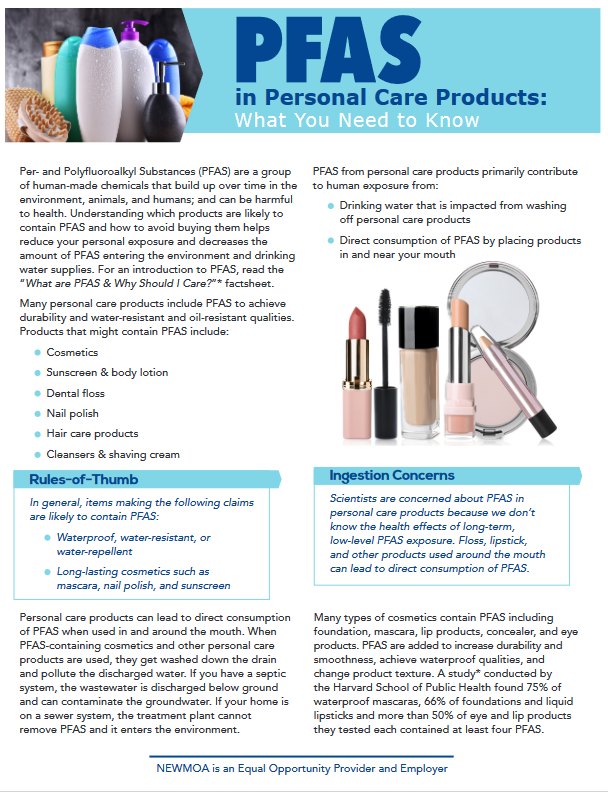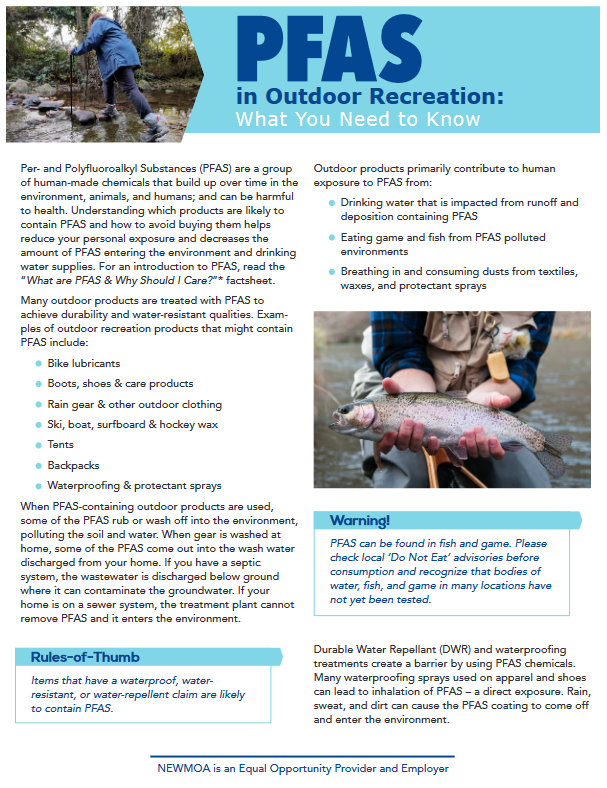Moving the Needle
MA and RI are losing their capacity to manage their own waste internally. The last landfill left in MA is scheduled to close in ten years. At the same time our soils are depleted of nutrients from decades of modern agriculture practices. Adopting widespread curbside composting is imperative to solve our looming waste and soil crisis. Communities need to start adapting now, because building infrastructure and new habits takes time. Please reach out to us if you would like to get more involved in becoming part of the solution.
We are a proud member of the Composting Consortium - leading the nation in composting infrastructure, innovation and compostable packaging progress.

Conor Miller, CE0 and Andrew Brousseau, Partner and Chief Composter recently interviewed along with Sharon Kishida, former MA DEP Northeast Regional Municipal Coordinator, on Cape Ann's TOWNGREEN Nature Wins Podcast. The episode, Cape Ann's Waste Story, goes into the state of waste in Massachusetts and how composting helps tackle the current problems we face.
Andrew Brousseau and BPI takes you behind the scenes of large-scale composting and the challenges and innovations shaping the industry. In this video, you’ll hear about decentralized compost sites, the role of compostable packaging, challenges with waste and building public trust.
Why Composting is Critical
A collection of articles related to solving our waste and soil crisis with curbside composting.
Waste Crisis
- MassDEP Solid Waste Update June 2023 PAGE 8 is Scary!
- With state landfill capacity dwindling, MassRecycle conference explores recycling remedies.
- Wasted! The Story of Food Waste, movie
Soil Crisis
- What Soil Is and How Industrial Ag depletes it
- Only 60 Years of Farming Left - Scientific American
- The State of Nutrient Density - Bio-nutrient Food Association
How to Implement Composting Solutions
- How Organics Diversion Can Help Achieve Zero Waste Goals: A Blueprint for Scaling Collection and Compost Infrastructure - Closed Loop Partners et al.
- How To Reduce Food Waste in Mass: Keeping Wasted Food Out of Our Landfills and Using it to Feed People and Build Healthy Soils - MASSPIRG Education Fund
Positive Momentum
- Compost Transport: City To Farm - Biocycle
- Compost And Mulch Utilization On California Almond Farm - BioCycle
- Growing Popularity in Composting - Hingham Anchor
- Kiss The Ground
- Reimbursing Farmers Who Utilize Compost - Biocycle
- Doubling Residential Organics Diversion With Pay As You Throw - Biocycle
- Vermonters Weigh In On Food Waste Disposal Ban - Biocycle
Anerobic Digestion
- Compost and Digestate: Dispelling the Confusion - US Composting Council
- Vermont: Microplastic Challenges with Depackaging
- Pennsylvania: Issues Operating Requirements For Food Waste Depackaging - Biocycle
- New York: The Misbegotten Promise of Anaerobic Digesters - The Counter
- Massachusetts: Don't Let Your Food Scraps Become Sewage Sludge - Laura Orlando
- Maine: Bans Use of Sewage Sludge on Farms to Reduce Risk of PFAS Poisoning - The Guardian
- Maine: The Farmers Facing Ruin in Maine’s ‘Forever Chemicals’ Crisis - The Guardian
- Environmental Groups Blast USDA for Extending Climate Funding to Dairy Digesters- Agriculture Dive
- What Not to Do with Food Waste: A Cautionary Tale - Conservation Law Foundation
Compostable Packaging
- Composting Certified Compostable Products - Biocycle
- Winners Of The Tom Ford Plastic Innovation Prize Are All Using Seaweed - Forbes
- Conventional plastic is an environmental catastrophe for all species, not just a waste problem.
- Italy’s Experience With Compostable Plastics In Organics Recycling - Biocycle
Carbon Sequestration
- Global Warmings Dirty Secret - Manchester Cricket
- How Compost Boosts Carbon Capture - Science Alert
- Can Dirt Save the Earth - NYT
- Composting - Project Drawdown
- Connections: Can Compost Draw Down Carbon?- BioCycle
- Compost Key to Sequestering Carbon in the Soil - Science Daily
PFAS
- Questions Remain About Using Treated Sewage on Farms - Civil Eats
- The Farmers Facing Ruin in Maine’s ‘Forever Chemicals’ Crisis - The Guardian
- Unveiling the Invisible: PFAS and Compost - MASS Recycle Episode 43 Interview with Andrew Brousseau
- Maine Bans Use of Sewage Sludge on Farms to Reduce Risk of PFAS Poisoning - The Guardian
Electric Com"posers" - aka Food Dehydrators - "A Raw potato ain't no french fry"
- Electric Kitchen "Composter" Confusion - Biocycle
- Connections: What is NOT Compost - Biocylce
Austria - World Compost Leader
- Austria: the Decentralized System: towns work with farmers for composting, farms get fertilized: 400 farms turn most of the nations food waste into compost and grow food
- Florian Amlinger of Austria speaks about composting
Mandatory Compost Supplementation to Soil
Compost reverses global warming through deep carbon storage, AND reinvigorates out our ability to grow food. A major challenge being in MA, is that the vast amount of food we eat comes from outside New England. So we are a net importer of nutrients, and it is not cost effective to ship compost out of the area. We must expand our outlets of where compost should be used to make sure the whole system works. If compost manufacturers over-produce compost, the price plummets, and the cost of collecting food waste rises to offset that. Cities on the west coast know this and have implemented mandatory uses for adding compost to post construction soil to help cities manage rain water run-off problems due to composts' ability to soak in moisture like a sponge: https://kingcounty.gov/depts/dnrp/solid-waste/programs/green-building/home-builders-owners/soil-standard.aspx
So step one is to divert the organics, and step two is to make sure compost has end markets. I would argue step two should be combined limiting our chemical warfare on the environment with an effort to decrease chemical fertilizers due to over fertilization causing algae blooms, low oxygen in the water, and depleting fish stocks. And even more important, restricting the use of pesticides and herbicides.
Illinois has a new law requiring municipalities, DOT, and other state agencies to use of compost:
https://news.wttw.com/2018/08/21/new-law-aims-increase-use-compost-illinois
Concerning PFAS
Black Earth Compost does not manage or process any type of water treatment sludge or paper mill waste. These materials can contain heavy metals and various types of chemicals such as PFAS and will never be accepted at one of our compost sites. It is important to remember that 'composting' is a process that is used by many industries to manage organic waste. What you put into that process as your initial ingredients dictates what type of compost will come out and thus no compost is the same. Our ingredients are food scraps, certified compostable cups, plates, etc, leaves, manure and wood.
Black Earth Compost has put purity of our ingredients as a top value since the beginning in 2011. This is why we don't even put grass in our compost due to concerns of lawn chemicals. Our ingredients are simple, and we personally collect the food scraps in our trucks to quality control them. We closely monitor for the presence of salts, nutrients, different metals, herbicides, food web biology and PFAS. We share our results here which show our compost is safe for use even at Massachusetts strictest standard. We use our own compost to grow healthy food for our own families.
We ask that you join us in asking manufacturers why PFAS are present in consumer products in the first place and what needs to be done to remove them from the marketplace. PFAS is put on products like mascara and makeup, microwave popcorn bags, stain-resistant carpet, non-stick cookware, waterproof outdoor gear/cloths and food wrappers that our children eat off of. Manufacturers of these products need to hear that we do not need the 'benefits' these additives imbue on the endless amount of stuff we consume. We are glad to see the attention the press gives this issue as it brings awareness to the composition of the consumer products we buy everyday.
Listen to head composter Andrew Brousseau discuss PFAS with MASS RECYCLE in the podcast episode Unveiling the Invisible: PFAS and Compost
Lab results are again listed here:
Quality Assurance | Black Earth Compost
How To Avoid PFAS In Your Everyday Life
The Northeast Waste Management Officials Association (NEWMOA), a nonprofit which provides a forum for effectively identifying, developing, and implementing solutions to environmental problems, has released five factsheets on PFAS to help us avoid them in our everyday lives.
Resources
Books:
Drawdown
The Uninhabitable Earth
How to Grow More Vegetables: Than You Ever Thought Possible on Less Land Than You Can Imagine
Videos:
Timelapse on Planet Temperatures: We are getting baked alive
To solve Climate Change: Reduce Emissions and GROW! Drone ReForestation is awesome, and combating desertification.
Other Resources:
Cooling cities with new pavement coating
White Paint to Cool the World
AirCarbon: Carbon-Negative materials
Recycling Oil Wells for Geothermal Energy Production


